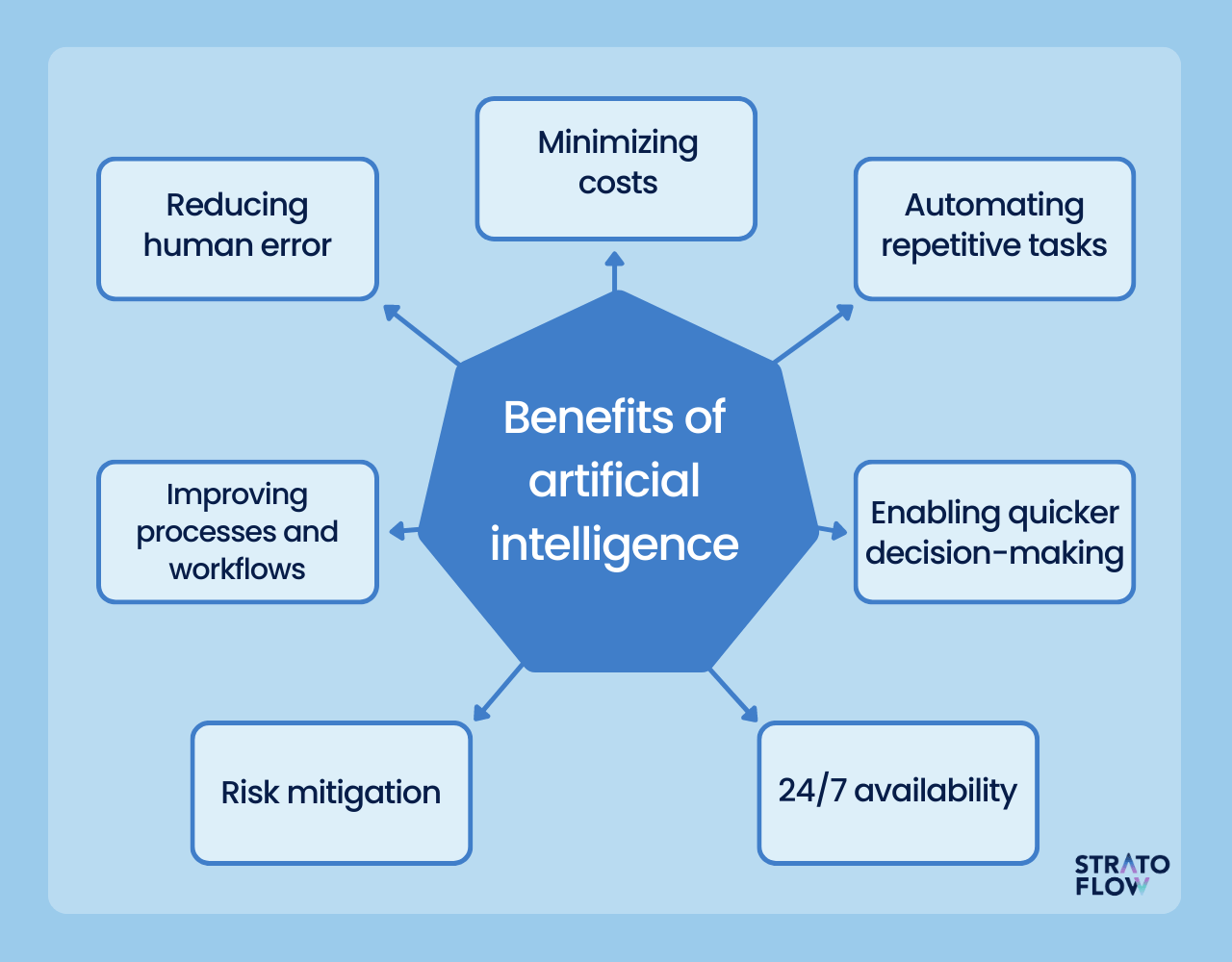
As the conversation around AI continues to evolve, we’re witnessing a divide similar to what we saw during the early days of the internet. Some businesses are hesitant to embrace AI, wary of replacing human workers or unsure of the ROI. But just as the companies that hesitated to adopt the internet got left behind, those slow to integrate AI may find themselves at a competitive disadvantage.
AI offers numerous benefits, especially when it comes to operational efficiency. Unlike traditional employees, AI systems don’t require payroll expenses, health benefits, or vacation time. They work 24/7, delivering consistent performance without burnout or errors due to fatigue. This translates into significant cost savings and higher revenue margins.
But it’s not just about the money. The quality of work produced by AI can surpass human capabilities in certain areas, especially where precision, speed, and data processing are concerned. While human creativity and emotional intelligence remain irreplaceable, AI excels in tasks that are repetitive, data-driven, or require a level of consistency that even the best human workers can’t maintain.
The businesses that recognize AI as a tool to augment their workforce, rather than replace it, are the ones poised for success. They’re the ones innovating, reducing operational costs, and ultimately, delivering better products and services to their customers. In contrast, those clinging to old ways might find themselves struggling to keep up as the pace of technological advancement accelerates.
Just as the internet transformed industries and created new opportunities, AI is set to do the same. The question isn’t whether AI will change the landscape of business—it already is. The real question is: Will your business be ahead of the curve, or will it be left behind?
